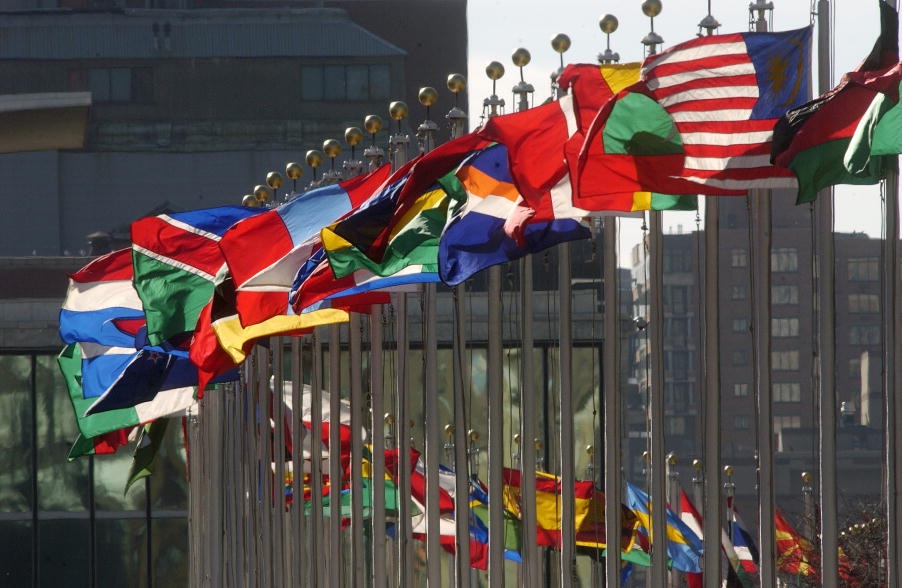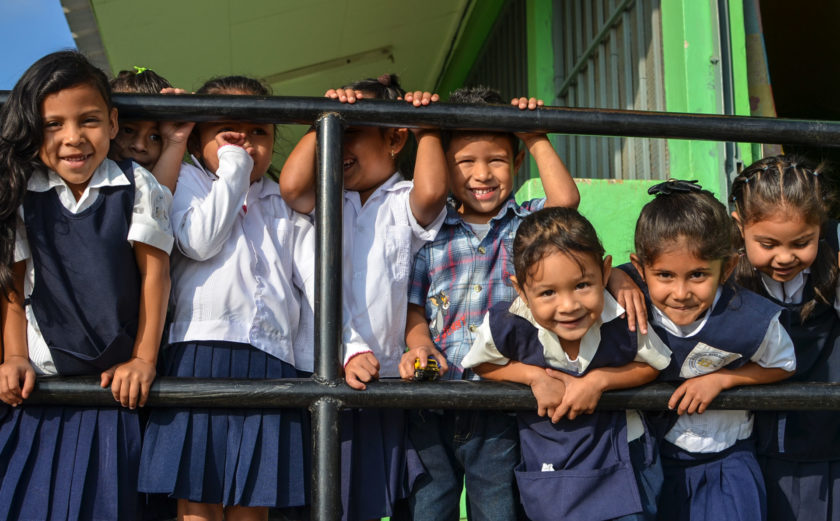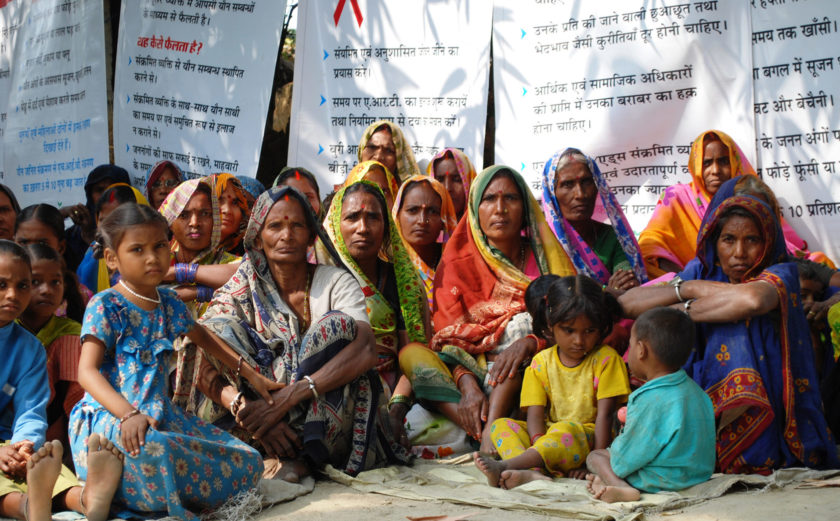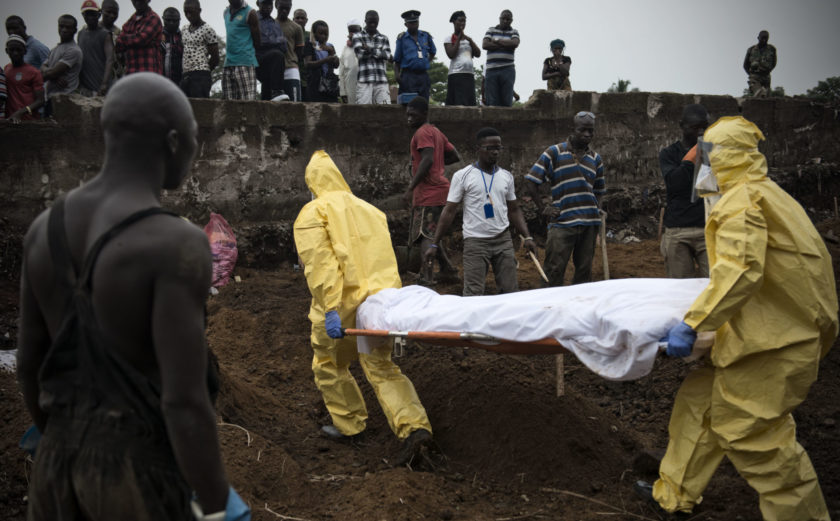
Why Multilateral Institutions Still Matter
Earlier this month I, along with Sean Callahan, president and CEO of Catholic Relief Services, represented the InterAction Community at the meeting of the Inter-Agency Standing Committee (IASC) in Geneva. The meeting brought together the heads of 11 UN agencies — from UNHCR and UNICEF to the World Food Program and World Health Organization — along with the leadership of the International Red Cross and other major international NGO platforms, to discuss the ongoing humanitarian crises taking place around the world.
The IASC, through the Office for the Coordination of Humanitarian Affairs (OCHA) at the UN, performs the essential role of coordinating the world’s humanitarian system. While this mechanism is far from perfect and in need of reform, it provides a necessary collective framework to provide humanitarian support for tens of millions of people, setting the norms and rules that channel global generosity. Multilateral coordination across sectors is the backbone of the humanitarian community’s ability to care for vulnerable people in extreme circumstances. As NGOs, we need to ensure that the varied parts of the multilateral system are preserved, reformed and able to thrive.
Throughout my career as an NGO leader, I have spent my fair share of time critiquing multilaterals – from the United Nations to the World Bank and other organizations. The NGO community and broader civil society constantly ask for, and will continue to push for, greater values-based leadership from multilaterals, lowered costs, greater engagement with non-state actors, and a variety of reforms to meet our expectations of global leadership and to avoid the pitfalls of bureaucracy. However, today, when nations are challenging the role of UN institutions and multilaterals more broadly, it is important for all of us in the NGO community to value the aspirational nature of these global institutions with whom we work. After all, we often derive our very legitimacy and operating space as international actors from the norms and laws that the multilateral institutions, and their founding accords, brought into being.
The UN and other multilaterals help increase the effectiveness of NGOs and other global development actors. The Millennium Development Goals, and now the Sustainable Development Goals, have provided essential frameworks for all global development actors to define a common vision of a better world. No actor, other than the United Nations, would have been able to pull together such broadly accepted consensus under a common framework. This common definition facilitates partnership and helps us better understand when we have made an impact. In conflict and fragile regions, the association of NGOs with the UN system helps legitimize our engagement as a trusted neutral actor, looking out primarily for the welfare of vulnerable and marginalized people. The UN’s international authority as a trusted arbiter is globally recognized far above any other actor or individual state.
Ultimately, we need the ability to work across national borders to channel generosity and end global poverty. If the current trend of populist-nationalism and under-investment in multilateral institutions continues, it will become harder for any actor, both in the nonprofit and private sectors, to operate across borders.
Greater international engagement between countries and formalized partnerships also provides for an easier sharing of ideas. Examples of this include organizations such as Heartland Alliance, which brought best practices in sustainable development learned in Haiti to assist Midwestern American communities, and Oxfam and Mercy Corps bringing their experience responding to natural disasters overseas to inform their response to Hurricane Maria last year in Puerto Rico.
A focus on individual national interests will not lead to a better future for all. We need bodies, such as the Inter-Agency Standing Committee (IASC), to continue the conversations across borders and across sectors, and to strengthen the system that enables us to impact so many lives.




